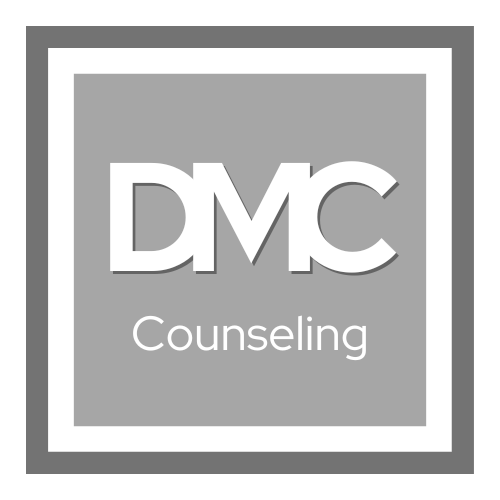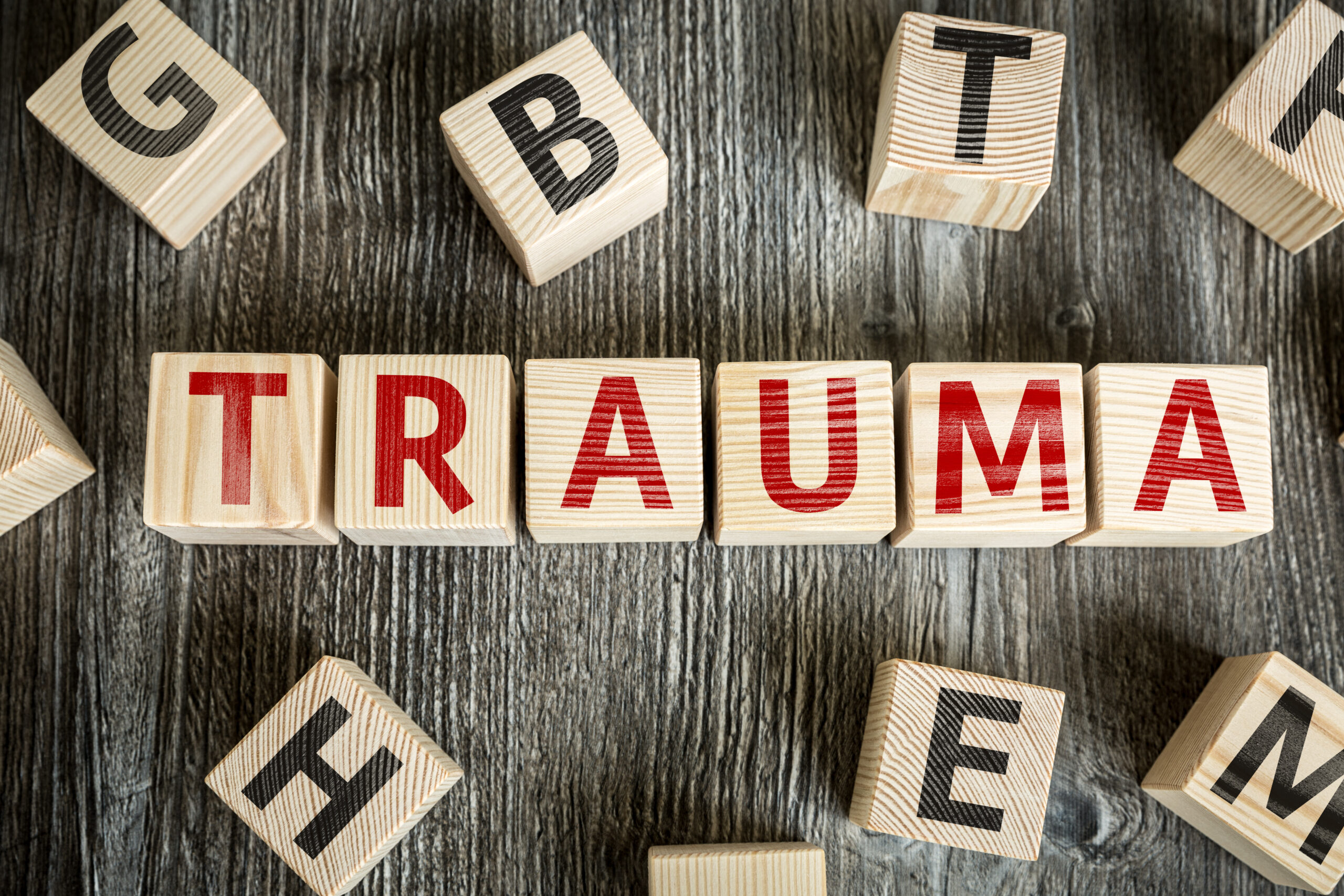Enmeshment trauma is a type of trauma where a relationship between two or more people has unclear or no boundaries. This is typically emotional and can either be when two people “feel” each other’s emotions, or one person’s emotions causes another person’s to match them.
This is often between family members and can damage a person’s individuality and autonomy- which can lead to abuse. All kinds of relationships can be enmeshed: parent and child, siblings, a romantic couple, close friends, coworkers, etc. Enmeshment is different from interdependence, where two people support and care about each other, but still maintain separate identities.
Those who have enmeshment trauma, including those who have been abused, often do not realize that what they have experienced was traumatic and often defend their abusers as a result. Because enmeshment trauma is not commonly recognized by its survivors, other survivors may ostracize those who do recognize their experience as enmeshment trauma.
How To Tell If You Have Enmeshment Trauma
- While enmeshment trauma is common in families, some family members fill different roles, which often enable the behavior of the abuser. For example, a common role is a peacemaker. Their role is to make peace after the abuser starts conflicts and to also guilt those who choose not to forgive the abuser.
- Enmeshment can also be the result of severe mental health or substance abuse issues. The abuser may divert the real issue, being mental illness or substance abuse, in order to avoid treatment for the root problem.
- Enmeshed families often view dissent as betrayal.
- Enmeshed families may demand a lot of time together, even if family members (such as children) have grown up and moved out. When children move out and gain new relationships with those outside the family, they naturally spend less time together. For example, they will be expected to spend a holiday with in-laws or with their own children. The enmeshed family will punish and shun those who have outside responsibilities and relationships.
- One person’s emotions are connected to someone else’s. It is difficult to discern who’s emotions are whose.
- Familiar norms may be different than those of societal norms. If someone is physically abusive, a normal and functional family would call the police. In an enmeshed family, they may never call the police despite the severity of abuse.
Effects of Enmeshment Trauma
- You could suffer from mental health issues, such as personality disorders as a result of enmeshment trauma.
- Self-esteem issues are also common because others have prioritized your abuser over you. When an abusive family member, who is supposed to love and care for you, is constantly tearing you down you are bound to feel insecure.
- Enmeshed families have a lack of boundaries. Because no one was able to model them for you, you could also suffer from boundary issues even if you have escaped from that family.
- Abusive and unstable relationships are also common due to the abuse that was modelled during your childhood. You could benefit from couple’s counseling as well as individual counseling.
- On the other hand, you could be perpetuating that same cycle of emotional abuse. Some survivors have a victim mentality. An enmeshed parent refuses to take responsibility for themselves and they model that behavior for their children.
Recovering From Enmeshment Trauma
Enmeshed families often have one abuser that erases everyone else’s needs and individuality. Healing from enmeshment trauma starts with learning more about yourself and growing your self-confidence. By being confident to set boundaries with others, you will limit what behavior is acceptable in your life. This is not easy, especially since a large part of your life was spent revolving around someone else. This is your time to set boundaries for your own well-being and realize what you are doing is not selfish- it’s self-care.
Let’s get back to talking about discovering yourself. You can and should have your own opinions, dreams, and aspirations which are entirely your own. Your life was centered around an abusive person for so long, but this is your life apart from them. You are not responsible for their happiness or well-being: only they are.
No Step-By-Step
There is no step-by-step process to heal from enmeshment trauma. Even when someone has traumatized you, you may find it best to continue to have them in your life. You may make excuses for them or keep them around due to wanting to maintain relationships with other family members.
Like an abusive relationship, you may cut them off overnight for your own safety or mental health. It might be gradual as you move away or become involved in new relationships. You may never cut them off because you still love them or because you want to keep the peace. No matter what your status is, you can identify and grow from enmeshment trauma.
Get To Know Yourself
The main goal of healing from enmeshment trauma should be to further develop your identity and sense of self. You may feel tied to someone else, but eventually you will begin to see yourself as separate from them.
You may feel insecure and lacking self-confidence while you explore who you are. Be gentle with yourself. You deserve to have a life of your own filled with your own experiences, new opportunities, and aspirations.
Focus On Yourself
While it may seem self-explanatory to those who have not experienced enmeshment trauma, you should pay attention to yourself. Identify your own opinions, thoughts, and feelings. This can be done by journaling, self reflection, and therapy. Here are 40 prompts to jumpstart your journaling journey. By paying attention to what YOU think, you are correcting the behavior taught to you that places emphasis on others over yourself. I would recommend finding a therapist that is right for you.
Taking time to reflect and focus is not selfish. It’s the most basic form of self care you have. You may be ashamed to be focusing on yourself while others may need you, but you should make a designated time to self reflect everyday.
Focus on Others
On the opposite side, you may be too focused on yourself and not considerate of other people. If you were raised in a home with an enmeshed parent, this is the only behavior you ever knew. Take time to listen more carefully to those around you. Listen to them speak about their day, their emotions, and their point of view. If you find yourself listening with a judgemental attitude or invalidating someone’s feelings, correct yourself back to neutral listening. By correcting your behavior, you can begin to break bad habits.
Boundaries
Your boundaries will signal to other people what is considered as acceptable and not acceptable in their relationships with you. As you gain self-confidence, making boundaries will be easier and come more naturally. You will be able to speak up while also listening to other points of view. You may feel pushback from those who were enmeshed with you, even if you move slowly, as they could view it as betrayal. They are used to you being pushed around, so they will be resistful.
Enmeshment often includes Drama Triangle roles of Victim, Rescuer, and Perpetrator. Those involved in the triangle will see you setting boundaries as the “perpetrator” and your abuser as the “victim”. It may be upsetting to be seen as harmful when you are trying to do what is best for you, but you have to accept that it will be seen as bad and harmful so that you can continue to grow and heal. By finding people who accept and celebrate your boundaries and new sense of confidence, you can continue to heal.
Just know that you are more than your trauma. You are worthy of love and people who respect you. Everything takes time- you can’t expect to heal overnight. Learn to celebrate your small victories and not get wrapped up in the losses.





